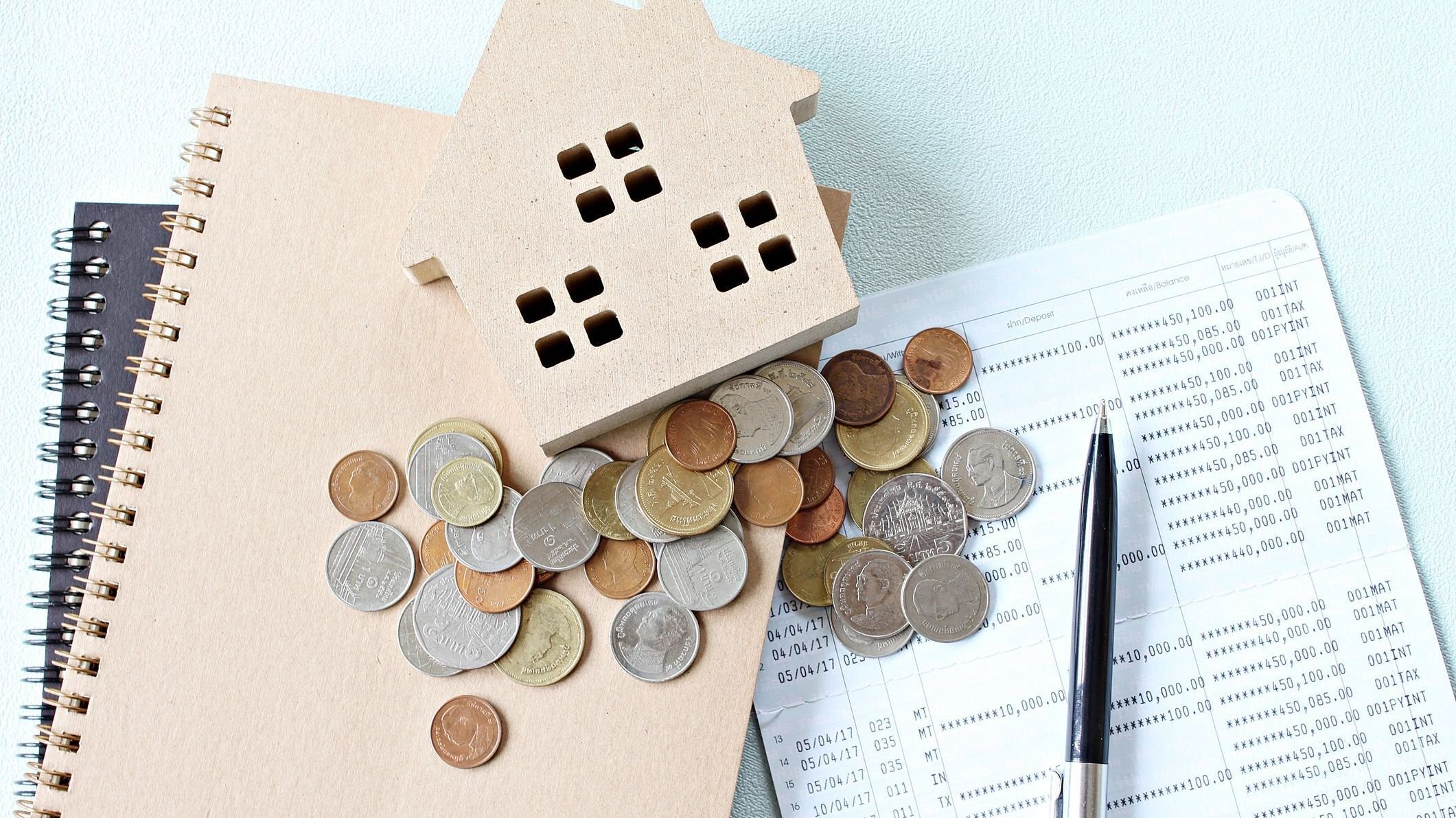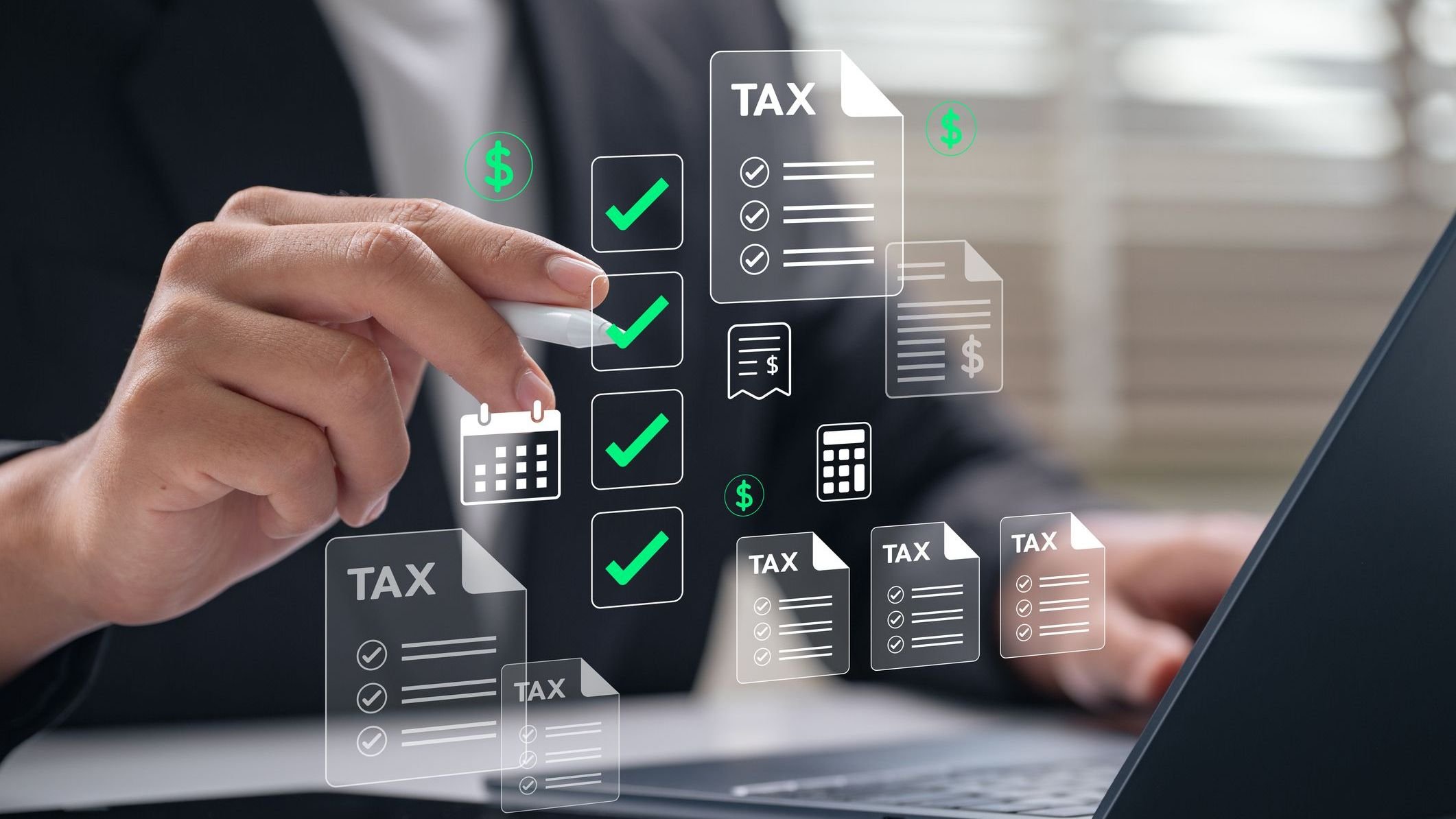What Are the Main Benefits of Doing a 1031 Exchange in Texas?

1031 Exchanges are primarily known for their tax deferral benefits, allowing you to keep more of your equity working. However, there are other benefits that arise in specific scenarios or geographic locations. In this article, Realized 1031 shares insights on Texas 1031 investment benefits. Keep reading to learn how exchanging Texas properties can provide additional advantages to your long-term investment goals.
What Should I Consider When Planning a 1031 Exchange in Texas?

When planning a 1031 Exchange in Texas, or any state for that matter, it’s critical to understand the state laws that apply. For the Lone Star State, there is added freedom and flexibility because Texas doesn’t have income tax. However, there are still a few related laws that could affect your exchange in various ways.
What Are the Benefits of Using a Title Exchange in Property Transactions?

As you may well know, when it comes to real estate transactions, there are a few ways you can transfer ownership. Most people are familiar with an outright sale, which results in taxable gains, but there are also title exchanges, which have distinct characteristics and structures that offer investors several key benefits.
What Should I Consider When Choosing a Title Exchange Service?

A 1031 Exchange typically involves engagement with various professionals and third parties, including the title exchange service. Choosing the right one can make the difference between a smooth transaction and an expensive mistake. To help you select the right experts, Realized 1013 shares the factors to consider when assessing title exchange services. Let’s take a closer look.
How Does the ‘Rev Proc 2000–37’ Impact Real Estate Transactions?

In many real estate transactions, the delayed 1031 Exchange is the most popular way to defer capital gains taxes. This is also the traditional process, but it can be unsuitable for some cases. In environments with inventory shortages or competitive markets, selling first before buying can be an impractical choice. Doing the inverse order was once a risky choice, but the implementation of Revenue Procedure 2000-37 made reverse exchanges possible.
What Are the Common Misunderstandings About 200-37 and Related Tax Codes?

Code 200-37 or Revenue Procedure 2000-37 created the safe harbor guidelines for 1031 reverse exchanges. While the rules are clear, many myths about the 200-37 tax code have emerged over the years, stemming from oversimplified explanations or outdated interpretations. Some are harmless, while others could lead to major issues that may result in the loss of your tax-deferral status.






